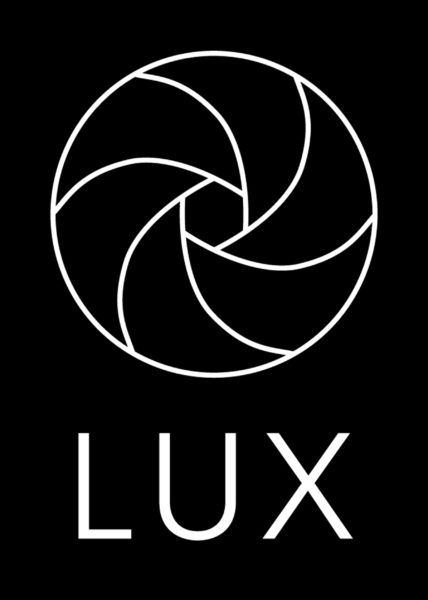Archive
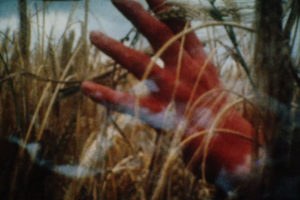
DISTRIBUTE AND CIRCULATE #3 – 66’
24.10.2017 / 19:00
Ledoux
Program 2017 » Other programmes » Distribute and Circulate

SANDRA LAHIRE, UK 1985
colour, 19’, Digital file, v : ENGLISH, sub : —
SANDRA LAHIRE, UK 1989
colour, 31’, Digital file, v : ENGLISH, sub : —
SANDRA LAHIRE, UK 1991
colour, 25’, Digital file, v : ENGLISH, sub : —
SANDRA LAHIRE, UK 1992
b&w, 1’, Digital file, v : SILENT
Sandra Lahire (1950-2001) was een centrale en inspirerende figuur in de experimentele feministische filmmakersbeweging die in de jaren 1980 in Groot-Brittannië ontstond. Lahire maakte gebruik van de optische printer van LFMC om 16 mm-films te maken die kwesties aankaartten rond het lichaam, feministische politiek, lesbische identiteit en de anti-nucleaire beweging. Haar werk omvat twee trilogieën: een reeks anti-nucleaire films die gemaakt werd in de jaren tachtig en, in de jaren negentig, Living on Air, een reeks die inzoomt op het leven en de poëzie van Sylvia Plath. Dit programma toont twee films van haar visueel meest verbluffend werk. Serpent River, de laatste film in de Uranium trilogy, weeft mooie maar vaak gewelddadige beelden samen tot een experimentele documentaire over het riskante bestaan van een gemeenschap die in de schaduw van uraniummijnen leeft. En Lady Lazarus voegt opnames van Sylvia Plath, die haar eigen poëzie voorleest, samen met fragmenten uit een interview met haar tot een caleidoscoop van warme beelden.
Sandra Lahire (1950-2001) est une figure centrale du mouvement du cinéma expérimental féministe qui a émergé au Royaume-Uni au cours des années 1980. Lahire a utilisé la tireuse optique de la LFMC pour ses films en 16 mm qui traitent de questions liées au corps, au féminisme, à l’identité lesbienne et au mouvement anti-nucléaire. Son œuvre comprend deux trilogies : Uranium Trilogy, une série de films au propos anti-nucléaire réalisés dans les années 1980, et Living on Air, qui s’intéresse à la vie et à l’œuvre de Sylvia Plath, et date des années 1990. Ce programme reprend deux de ses films les plus étonnants : Serpent River, dernier film de Uranium Trilogy, qui entrelace des images splendides mais parfois violentes dans un documentaire expérimental sur les dangers qui menacent les populations vivant à proximité des mines d’uranium, et Lady Lazarus, qui associe des enregistrements de Sylvia Plath – lisant ses propres poèmes ou se prêtant à un entretien – à un riche kaléidoscope d’images.
Sandra Lahire (1950-2001) was a central and inspiring figure in the experimental feminist filmmaking movement that emerged in Britain during the 1980s. Lahire utilised the optical printer at the LFMC to make 16mm films that addressed issues around the body, feminist politics, lesbian identity and the anti-nuclear movement. Her work includes two trilogies: a series of anti-nuclear films made in the 1980s and Living on Air, focusing on the life and poetry of Sylvia Plath from the 1990s. This programme features two of Lahire’s most visually stunning films: Serpent River , the final film in the Uranium trilogy, which weaves beautiful but often violent images to create an experimental documentary about the hazardous existence of community living in the shadow of uranium mines, and Lady Lazarus, which brings together recordings of Sylvia Plath reading her own poetry and extracts from an interview with a kaleidoscope of rich images.
ingeleid door / présenté par / introduced by
Charlotte Procter
[ticket event=’1306′]
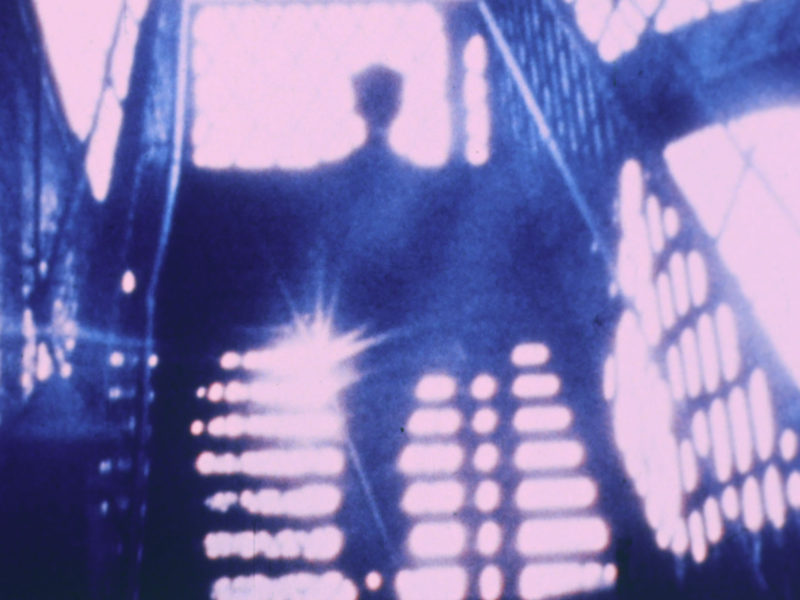
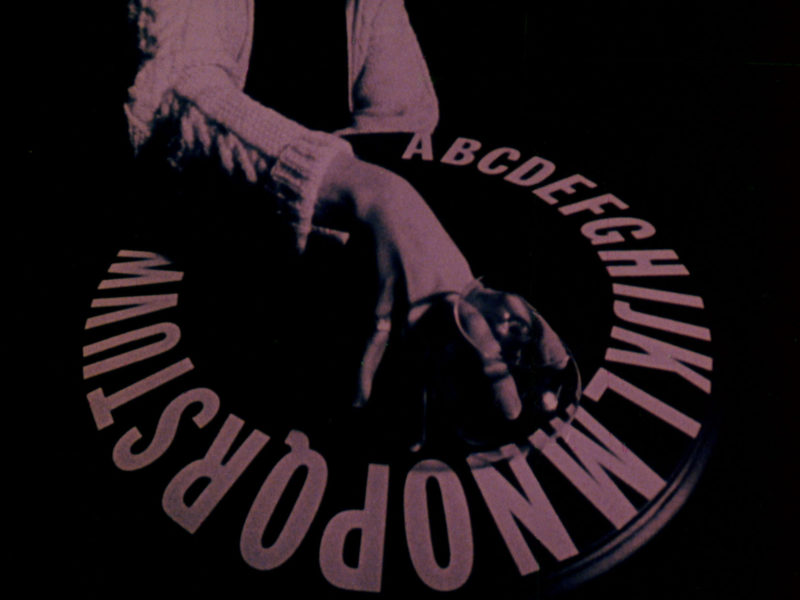
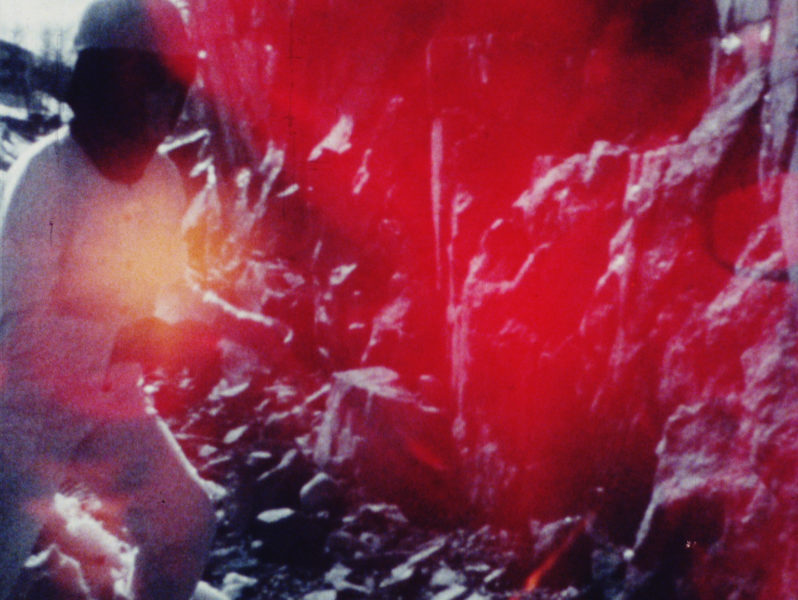
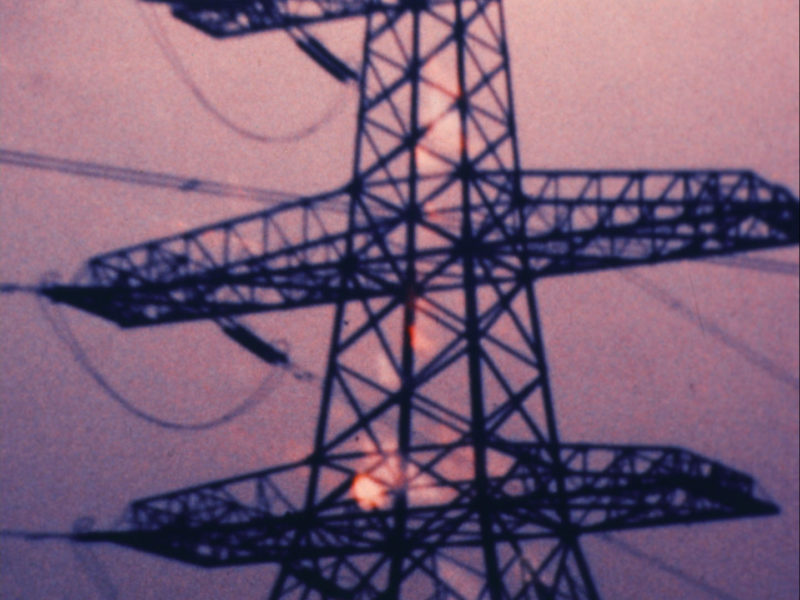
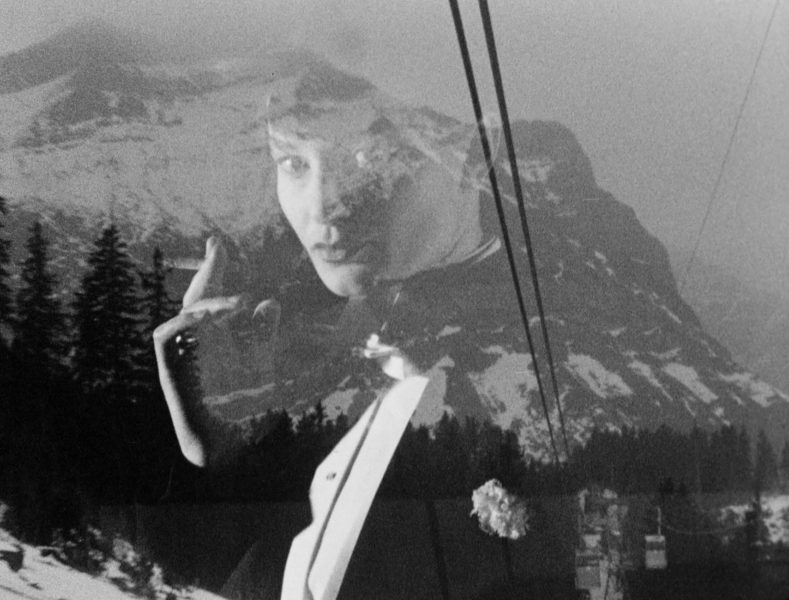
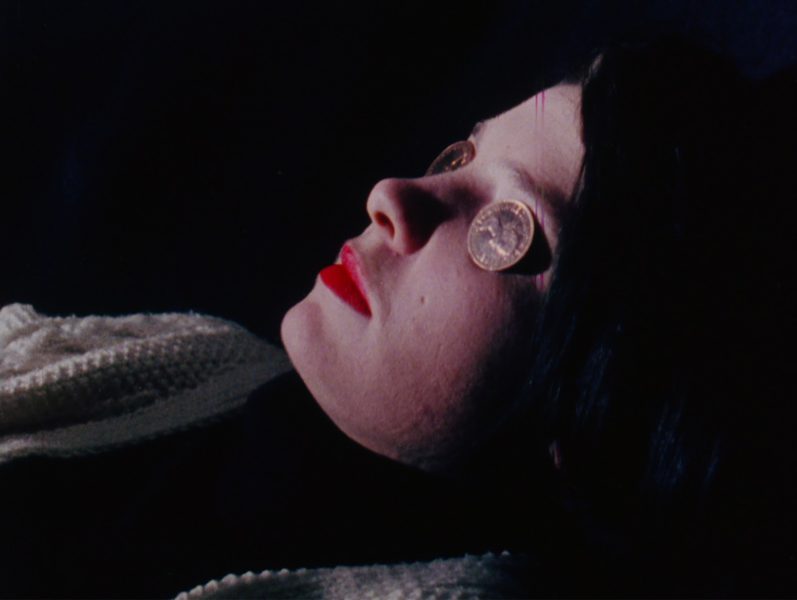
In partnership with
